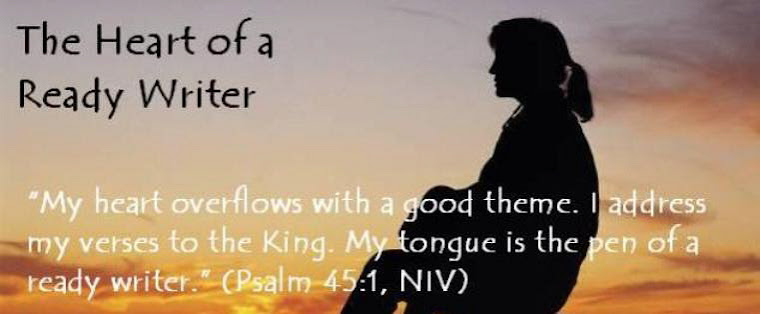A Prohibition of Pagan Practices
(Exodus 22:20; 23:13; 34:17)
(Leviticus 18:21; 19:4, 27-28; 20:1-5; 26:1)
(Deuteronomy 5:5-10; 12:1-31; 13:6-18; 14:1-2; 16:21-22; 17:2-7)
Artist Unknown
18th Century
Recorded between 1450 and 1400 B.C., today’s Bible readings focus on several of the Mosaic laws. These patriarchal principles gave God’s people guidelines for holy and harmonious living.
For several days, our journey through The Daily Bible in Chronological Order – 365 Daily Readings will take us through various thematic sections of the Mosaic Law. Today, we read warnings against pagan practices and idolatry.
The Greatest Commandment
Moses clearly repeated the Lord’s greatest law of all:
“I am the Lord your God
who brought you out of the land of Egypt,
out of the house of slavery.
You shall have no other gods before Me.”
(Deuteronomy 5:6-7, NASB, emphasis added)
This statement was the first of the Ten Commandments, and it appeared many times in Scripture:
In the New Testament, Jesus echoed this truth as well, along with an update for a personal attitude check:
“Jesus replied:
‘”Love the Lord your God with all your heart
and with all your soul and with all your mind.”
This is the first and greatest commandment.
And the second is like it:
“Love your neighbor as yourself.”’”
(Matthew 22:37-39, NIV and Mark 12:27-29, NIV)
Basically, the religious and ceremonial laws of the Mosaic statutes could be summed up in the greatest commandment: loving, honoring and worshipping the one true God alone.
What About Moloch?
Although we will likely look more closely at the Ammonites and their worship of the false god Moloch in subsequent Bible readings, the subject merits mention here. Moses explained to the Israelites how the Lord prohibited them from participating in pagan ceremonies and dabbling in idolatry.
Why did Moses focus specifically mention Moloch?
Moloch was an ancient Eastern idol and perhaps even a fallen angel, according to some accounts. Pagan peoples attempted to appease this angry idol, presumably to earn blessing and good fortune on their lives, by sacrificing their children to him through a fiery rite.
Moses’ warning, directly quoting the Lord, was without question:
"’'Do not give any of your children
to be sacrificed to Moloch,
for you must not profane
the name of your God.
I am the Lord.’”
In recent decades, Bible scholars have linked the ancient sacrifices to Moloch with current abortion practices. Clearly, this is an ethical and eternal issue. How many children have we sacrificed, or allowed to be sacrificed, this way? And what will be our level of accountability for failing to prevent this destruction of life?
“’And if the people of the land do at all hide their eyes
from the man when he gives one of his children
[as a burnt offering] to Molech [the fire god]
and they overlook it or neglect to take legal action to punish him,
winking at his sin,
and do not kill him [as My law requires],
then I will set My face against that man and against his family
and will cut him off from among their people,
him and all who follow him to [unfaithfulness to Me,
and thus] play the harlot after Molech.’”
Certainly, radicals have used this verse irrationally and out of context to justify violence against those who have slain the unborn. On the other hand, does this Mosaic admonition from the Lord not serve as a stern warning to us all? Will we someday be called to face the millions of children that have been killed for convenience? Will the Lord hold us accountable somehow for ignoring these untimely deaths?
Please join me, in praying that the Lord will turn the hearts of all peoples to worship and serve Him alone.
Will you pray with me?
Jehovah, Master, Lord and God,
We praise and honor You.
Reveal to us
Any idols we may still hold
In our lives
And in our hearts.
Guide us to remove
Anything that hinders
Our worship of You alone.
Stir the hearts of people everywhere,
And incite a hunger in their hearts
To know and honor You.
We pray for Your mercy
For the many unborn children
Who have been killed for human convenience.
May this tragedy be terminated
Through Your power.
Convict our consciences,
And turn our hearts
To You.
Amen.





